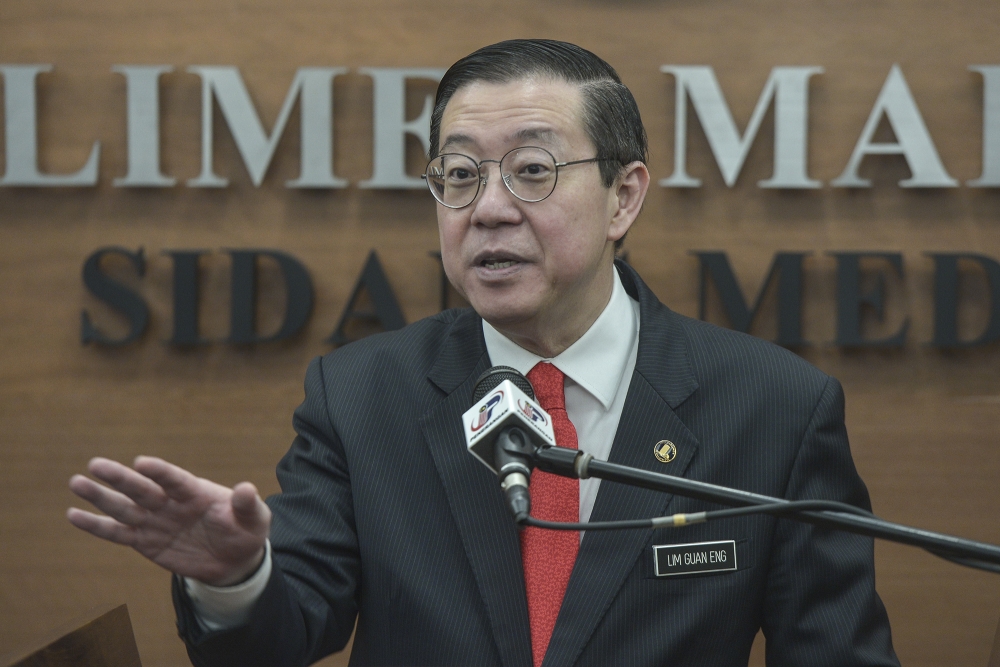KUALA LUMPUR, Dec 12 — Malaysia is seeing exponential growth in electric vehicles’ (EV) sales yearly and the government is optimistic the positive momentum will continue strongly through end-2023, Investment, Trade and Industry Minister Datuk Seri Tengku Zafrul Abdul Aziz said.
To date, Malaysia has recorded more than 100,000 registered electrified vehicles, he said.
“More than 12,000 battery electric vehicles (BEV) have been registered since 2011 with the number of BEVs registered this year alone surpassing 9,000 units,” he said in his address during the soft launch of the Malaysia Autoshow 2024 (MAS 2024) here, today.
For the first ten months of 2023, Malaysia’s vehicle sales registered a strong growth, up by 11.6 per cent to almost 647,000 units.
Tengku Zafrul said he believed that EVs would be the catalyst for the growth of Malaysia’s manufacturing industry exports.
Elaborating further, the minister said the electrical and electronics products (E&E), which is a major supply chain to the EV sector, contributes 40 per cent out of 80 per cent of Malaysia’s export from the manufacturing sector.
“Hence, there is a lot of potential in the new generation vehicles wherein more components, for example, semiconductor composite, chips component in a typical car today, or even a hybrid car will be around 1,500 chips (needed) in one car.
“When you look at EV cars, it can go up to at least 3,000 chips in one car and these chips come from the E&E sector,” he stressed.
Malaysia remains an attractive destination for EV investors. Between 2018 and June 2023, the Malaysian Investment Development Authority (Mida) approved 59 projects worth RM26.2 billion in the EV sector and its related ecosystems encompassing vehicle assembly, manufacturing parts and charging components.
Meanwhile, Tengku Zafrul said, to accelerate the National Energy Transition Roadmap (NETR) launched in August this year, the Ministry of Investment, Trade and Industry (Miti) has a set a national target, whereby 20 per cent of Malaysia’s annual new car sales would consist of electrified vehicles by 2030, 50 per cent by 2040 and 80 per cent by 2050.
“Miti’s commitment to bring Malaysia to the forefront of the electric vehicle revolution can be seen through the National Automotive Policy or NAP2020.
“The NAP provides the local automotive industry with a clear direction for future preparations, through the development of next generation vehicles including EVs that are energy efficient and environmentally friendly,” he said.
As an ecosystem, the automotive industry contributes around four per cent to Malaysia’s gross domestic product (GDP). By 2030, the government has targeted to achieve RM104.2 billion in GDP contribution with a total production volume of 1.47 million vehicle units.
Last year, the Malaysian automotive industry achieved production output of over 700,000 vehicles due to the strong demand post-pandemic. — Bernama






















